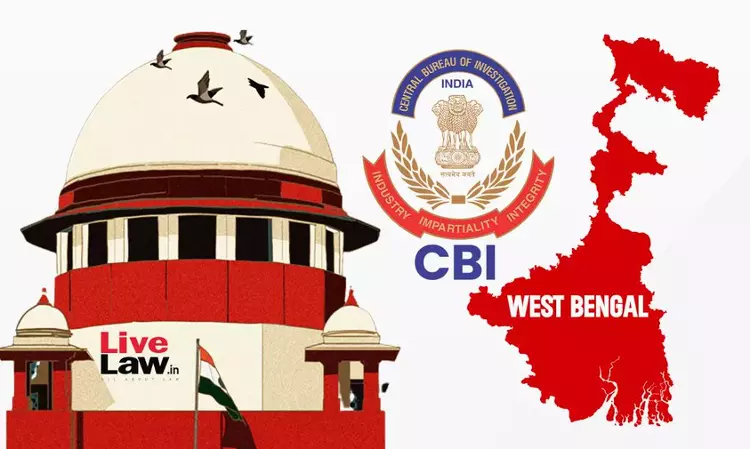The Supreme Court (today on May 02) heard the Union's preliminary objection to the maintainability of the original suit filed by the State of West Bengal in 2021 alleging that the Central Bureau of Investigation (CBI) continued to register and investigate cases despite its revocation of the general consent. It was in November 2018 when the State government withdrew its consent...

